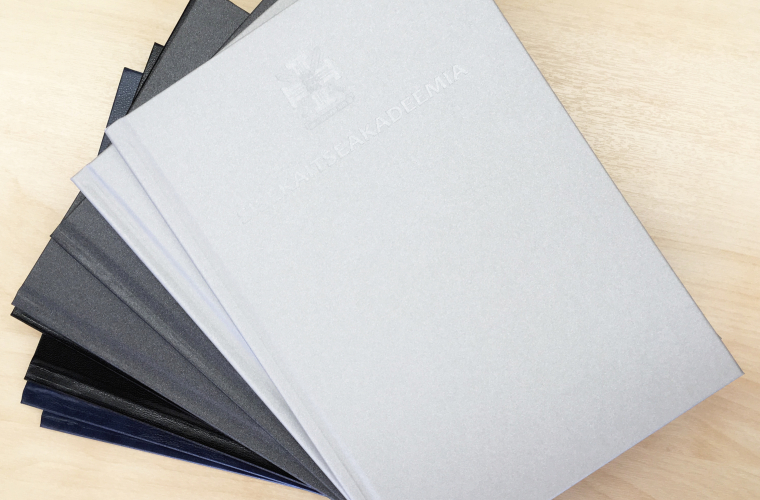MA theses of EASS analyse various facets of internal security

Altogether 13 Master’s students of the Estonian Academy of Security Sciences (EASS) defend their theses on 5-7 June 2019.
“The theses defended in the MA studies at EASS are related with safety and security, thus definitely contributing to the future improvement of the daily work in the sector. Knowledge-based research is necessary in every field and, in the light of the current challenges, it is impossible to be a successful leader in the long term without a Master’s degree,” the Director of the Institute of Internal Security Erkki Koort said. “Similarly, it is important to reinforce the layer of knowledge within the sector to come up with solutions that have not even been considered in mitigating the challenges,” he adds.
The given MA theses included many strong studies with a focus on the knowledge-based approach. We hereby highlight four of them. In his Master’s thesis “Continuity Readiness of District Heating Service Providers who are not Qualified as Vital Service Providers“, Rasmus Keskküla maps the current situation of companies providing district heating services and suggests possible solutions to ensure the improved supply of heating. “At present, the district heating service providers are differentiated by their number of clients. There are requirements for larger companies and no requirements for smaller entrepreneurs although their customers are similarly threatened by lack of heating,” Erkki Koort peeks into the MA thesis.
Kerli Onno’s thesis “Baltic States in Western Digital News Media in the Context of Zapad-2017 Excercise: Implicatons for Strategic Communication“ is similarly a highly convincing and interesting work studying the coverage of the Baltic States during the Russian exercise in the Western online media. The author considers the reactions and the communication of messages by Estonia, Latvia and Lithuania while also making nine suggestions for the future strategic communication of the Baltic states.
Keio Usai’s thesis “The Attitudes and Intentions of Estonian Auxiliaries towards the Defense Forces and the Factors that Influence their Formation” provides a good overview of the attitude of secondary school graduates to the military service and how their attitude is influenced by their background, for instance, by their mother’s education. The work highlights the changes in the attitude over time and the regions with the highest rate of positive attitude. The author is looking for an answer how to shape positive attitude in the Estonian secondary school graduates and also their intentions with regard to their participation in the military service.
Marek Matiisen’s thesis “Unmanned Aerial Vehicle Threats to Internal Security and Their Management in Volatile Environment“ deals with the problems and challenges related with drones in Estonia while also suggesting possible solutions. Drones are becoming increasingly popular and thus there have been also several violations among Estonians as well as tourists. While Estonians tend to violate the altitude requirements, then tourists tend to use drones in crowded areas thus endangering people’s safety. There is also the issue of privacy as unmanned aerial vehicles mostly carry recording devices.
All MA theses are available on the EASS digital database Digiriiul with the defence schedule available on the academy website.
The Master’s studies of Internal Security of the Estonian Academy of Security Sciences welcomes all people who wish to boost their career or join the exciting world of security. It is a unique programme in Europe focussing on the area of internal security at large. The curriculum has been developed in cooperation between various parties including top practitioners and theoreticians in Estonia and abroad. Upon graduation, students are awarded the internationally recognised Master’s degree in Social Sciences specialising in internal security. The application submission is open until 27 June 2019.